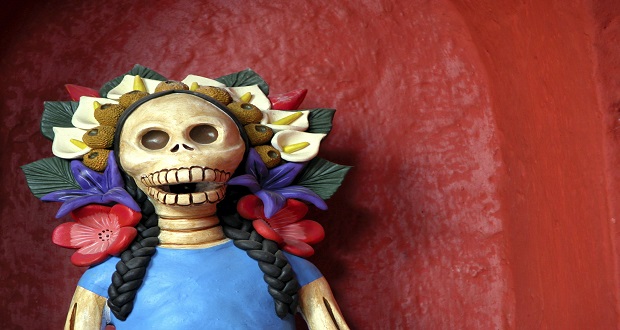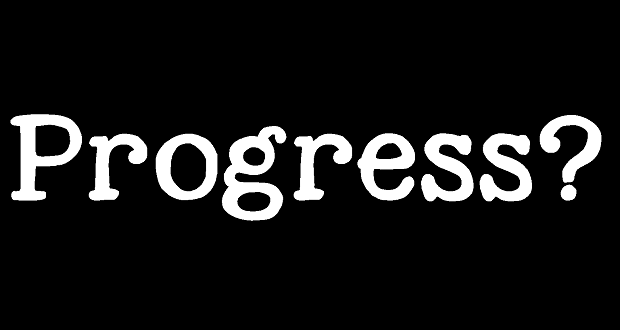 Every year around the end of October I volunteer at the Day of the Dead (or in Spanish Día de los Muertos) festival put on by the Latin American Coalition in Charlotte, NC and every year I find new and interesting reasons why I love this celebration. If you are unfamiliar, or need a refresher, Día de los Muertos is a traditional Mexican holiday where friends and families come together to celebrate the lives of their deceased loved ones. The celebration usually includes colorfully decorated altars, or ofrendas, dedicated to past loved ones that are filled with their favorite memorabilia from their past lives and passions.
Every year around the end of October I volunteer at the Day of the Dead (or in Spanish Día de los Muertos) festival put on by the Latin American Coalition in Charlotte, NC and every year I find new and interesting reasons why I love this celebration. If you are unfamiliar, or need a refresher, Día de los Muertos is a traditional Mexican holiday where friends and families come together to celebrate the lives of their deceased loved ones. The celebration usually includes colorfully decorated altars, or ofrendas, dedicated to past loved ones that are filled with their favorite memorabilia from their past lives and passions.
This year’s celebration was especially memorable because the festival was held in a downtown museum that is right beside a local theater where the city’s largest evangelical church meets. As church goers walked with bibles in hand to their place of worship they passed traditional Aztec dancers reenacting an ancient ritual on a city corner, colorful altars decorated by local Mexican believers, and the smell of tacos from a local food truck. The ritual included traditionally dressed dancers with elaborate feathered headdresses, leather coverings and large drums. They twirled in the air, blew into seashells like horns, and held up burning coals as a sacrifice. Dozens stopped to observe, take pictures, and whisper commentary to the people beside them. I couldn’t help but think about how common these religious rituals were in the Americas in pre-colonial times and how odd and misplaced the Christian church’s religious rituals would seem to observers of a different time or religion.
This particular evangelical church prides itself on pushing the bounds of traditional protestant worship services. On any given Sunday you could experience contemporary beats being played by a DJ in the lobby, the smell of freshly brewed coffee, bright neon lights, loud electric guitars, hand raising, clapping, and occasionally “turning to your neighbor” ice breakers to lighten the mood. I can imagine a traditional Azec believer observing this service with the same level of curiosity, awe, and confusion as the evangelical onlookers of the Day of the Dead festival. They might question the purpose of such loud music compared to their more subtle drums and shells. Or maybe look in awe of the bright neon colored lights used to light up the stage, or maybe question the use of a stage altogether, given their use of a dance “circle” in their worship.
What is equally striking is not just the radical differences between both groups of worshipers, but also their deep similarities. Like the evangelical Christians, the Mexican Catholic participants of the Day of the Dead festival were attempting to connect with spiritual realities in culturally appropriate ways. Although many Americans think about religion in terms of which ones are right and wrong, I think the more interesting question is how they are similar. As an observer who has been exposed to several evangelical traditions, I find the Day of the Dead festival to be a spiritually compelling way to deal with the issue of death. For many Protestants, death is thought of as the entrance into a heaven that is very far from earth. We are told our loved ones are “in a better place”, “watching us from above” or “in heaven” enjoying their favorite past time. The Protestant funeral is really the last time there is an official community acknowledgment of their life and death (this is obviously not true for everyone or all traditions).
The Day of the Dead celebration however, is a yearly reminder of the earthly aspects of deceased relatives. The altars are decorated with the dead’s favorite food, drink, hobbies, and photos of their favorite moments. The altars are a celebration of the human side of relatives and are displayed to the community as tribute to their earthly qualities that made them so loved. It is a culturally acceptable and healthy outlet for families to continually grieve, celebrate and share the complex emotions that come with losing a loved one. An observer who only saw this festival through the lens of “difference” would miss that. A close friend of mine recently lost his father who happened to love playing softball and every year on his death date the family posts pictures of him playing softball on their Facebook walls. And every year they are unaware they are participating in a spiritual ritual that dates back to Mexican antiquity. The Day of the Dead festival reminds us of our incredibly diverse ways of worshipping and our surprisingly similar reasons for doing so.


















